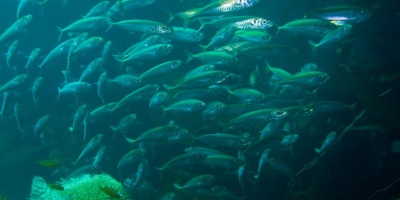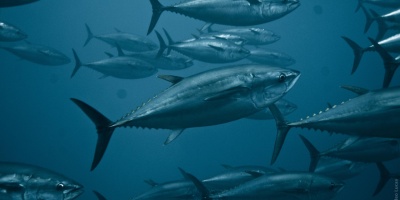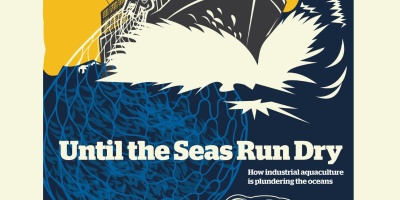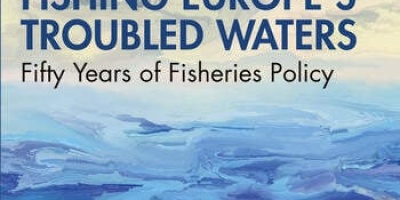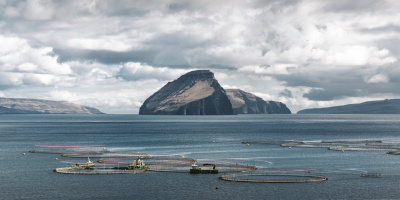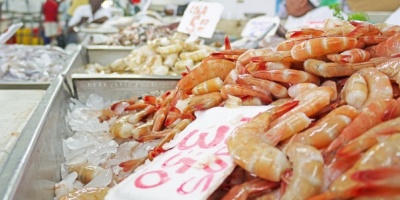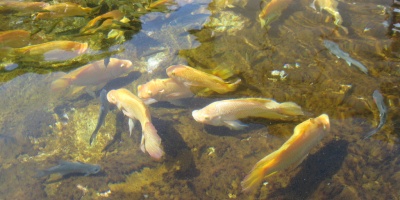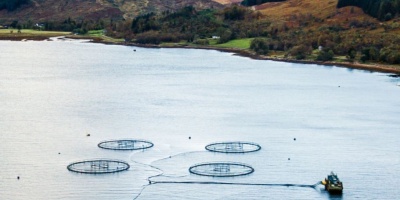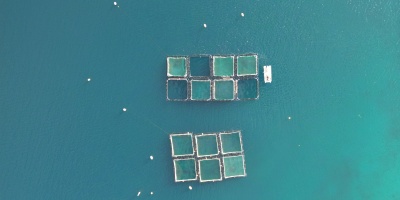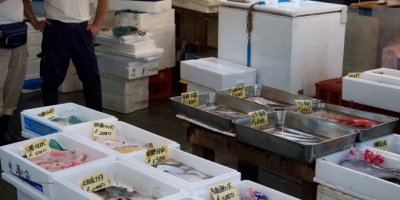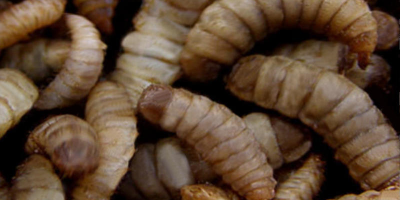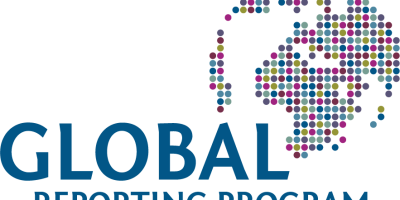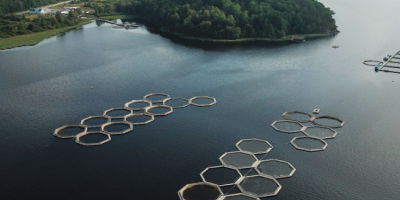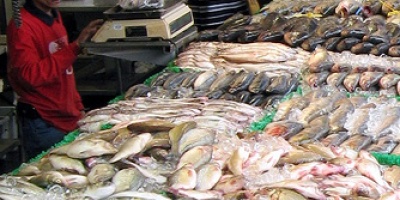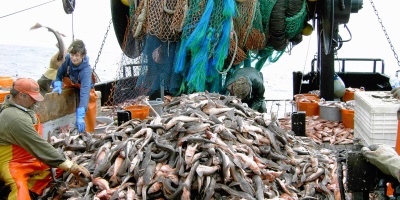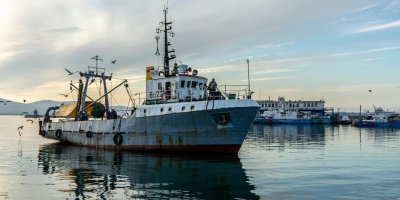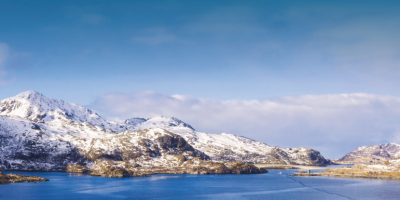Fish and other aquatic animals are an important source of food and protein for humans around the world. They are harvested in the wild (capture fishing) or cultivated in ponds or cages (aquaculture). Aquaculture now accounts for around 45% of total fish production while output from capture remains static. Fish and seafood confer many nutritional benefits: they are rich in protein, low in saturated fat, while oily fish and to a lesser extent shellfish are the main source of the essential omega-3 fatty acid DHA. Many aquatic species are now sources of pollutants in human food, with high levels of mercury and PCBs in animals high up the food chain. Overfishing, invasive species, and habitat destruction are responsible for widespread collapses of fish stocks. Overfishing also undermines the livelihoods of poor coastal communities who depend upon fishing for income and nutrition. Some fishing practices and aquaculture production systems can be highly energy intensive, meaning that fish from these sources can have a high GHG footprint.

